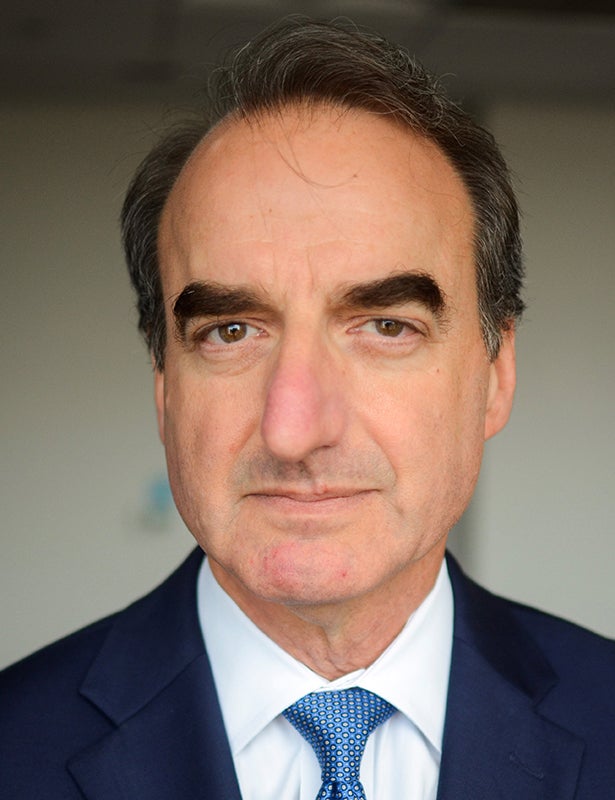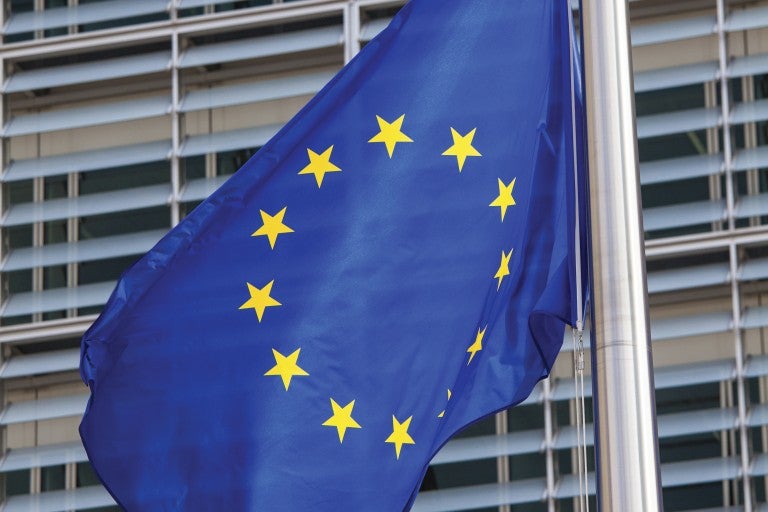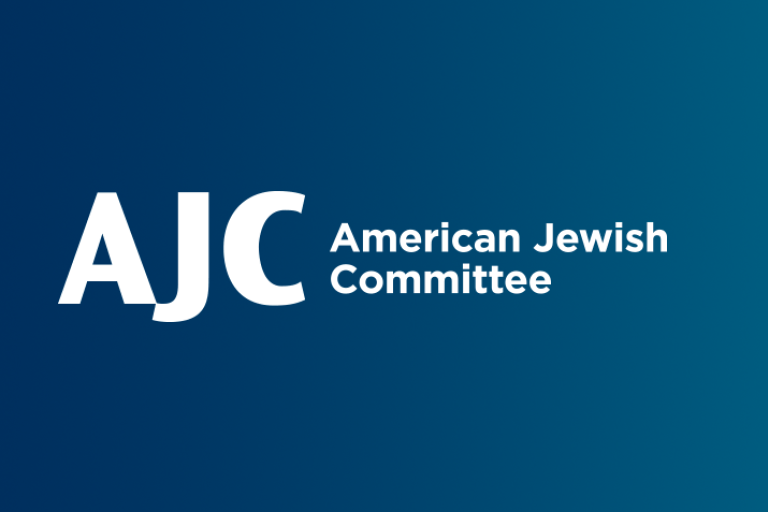August 16, 2020 — Washington, D.C.
This piece first appeared in The Times of Israel.
After the roar of his approaching helicopter quieted and he walked into the stately Abu Dhabi meeting room where I and a small group of American Jewish Committee colleagues awaited him late last year, the senior Emirati official settled in for a long and frank discussion about regional threats and opportunities.
It was by no means our first meeting. AJC has been traveling regularly to the Gulf for more than 25 years, and had first come to know this particular official when he held a different portfolio 20 years earlier. We had always discussed the possibility of communicating more directly and openly with Israel, and of exploring areas of potential cooperation.
But our conversation this time, more than a year after two Israeli ministers had paid visits to the UAE for international events — a judo competition and a telecommunications conference — and six months after the Trump administration’s “Peace to Prosperity” workshop in neighboring Bahrain, was different. The official was ready for more.
I asked the official if his government was willing to pursue the possibility of concluding a “non-belligerency” agreement with Israel, a proposal that had been suggested by the White House to several moderate Arab states and promoted by then-Israeli foreign minister Israel Katz. He looked at me and my colleagues, smiled broadly, and said no.
Why, the official asked us, were we aiming so low? Why, he wanted to know, should his country not dispense with baby steps and set as its goal the establishment of full diplomatic relations?
The “why” of our request was simple: After years of laying out the case — in Abu Dhabi and 10 other Arab capitals — for normalized relations with Israel, yielding not only a range of benefits for their own populations, but also the prospect of leverage to help the Palestinians in negotiations for an independent state, I and my colleagues had tired of asking the impossible. We had set our sights lower, and even the modest proposals we had put forward were rarely seized.
But times had changed. A year earlier, in October 2018, Sultan Qaboos of Oman invited Israeli Prime Minister Netanyahu to visit — the first such head-of-government visit to a Gulf state in more than 22 years. A few months before that, Saudi Crown Prince Mohammed bin Salman had spoken openly of Israelis’ “right to have their own land.” The then-Bahraini foreign minister, Shaikh Khalid bin Ahmed Al Khalifa, in the course of hosting last summer’s workshop, had given interviews on Israeli television.
Closer to home, the Iranian threat was growing. In June of last year, a US surveillance drone flying over Gulf waters was shot down by Iran, and two oil tankers were attacked south of Hormuz. Three months later, Iranian drones and missiles attacked Saudi Aramco facilities in Abqaiq and Khurais. None of these attacks elicited an immediate military response. Two months after that, however, when Iranian Quds Force units in Syria fired missiles toward Israel, the IDF responded with a furious counterattack, destroying Iranian missile and Syrian anti-aircraft batteries.
The one Middle East state that had proven, once again, its will and capacity to confront its own gravest strategic threat — and that of the UAE — was Israel. The lesson could not have been clearer. The official we met in Abu Dhabi in December left my colleagues and me with the impression that it was only a matter of time before his government would enter into an open partnership with Israel.
It would be wrong, however, to cast the historic announcement on August 13 by President Trump, UAE Crown Prince Mohammed bin Zayed, and Prime Minister Netanyahu that the UAE and Israel would normalize relations as one that was based solely on security considerations.
Quietly but steadily, commercial activity between the countries had been growing for more than a decade. Israeli technological prowess in critical sectors was known and admired — and was a prominent subject of discussion in AJC visits over the years, in which we would meet and have detailed talks with not only government officials and policy analysts, but business leaders, as well. Israelis with other passports were not infrequently sighted in Dubai hotel lobbies.
Also uniting the Emirates and Israel was and remains a shared commitment to combating extremism — as well as a shared celebration of diversity. No government initiative more perfectly represents that defining Emirati characteristic than the plan announced last year to undertake construction of a majestic “Abrahamic Family House” in Abu Dhabi, with a mosque, a church, and the first synagogue built in the Gulf in more than half a century, along with exhibit and conference space promoting interreligious understanding. We look forward to visiting that synagogue, along with our many friends in the small but growing Jewish community of the Emirates.
Before the breakthrough announcement of August 13, the next sign of warming relations between the UAE and Israel was scheduled for this October — and then rescheduled for October 2021, due to COVID-19: the opening of the grand Dubai Expo, which bravely would include an Israeli pavilion, alongside those of 191 other countries.
Following UAE-Israel normalization, such “bravery” is a historical artifact. Last year, AJC began planning to attend the Expo, to celebrate a budding relationship. With that bud now flowering, we and our Emirati and Israeli friends will be celebrating all the more fervently.
Jason Isaacson is Chief Policy and Political Affairs Officer of the American Jewish Committee.



